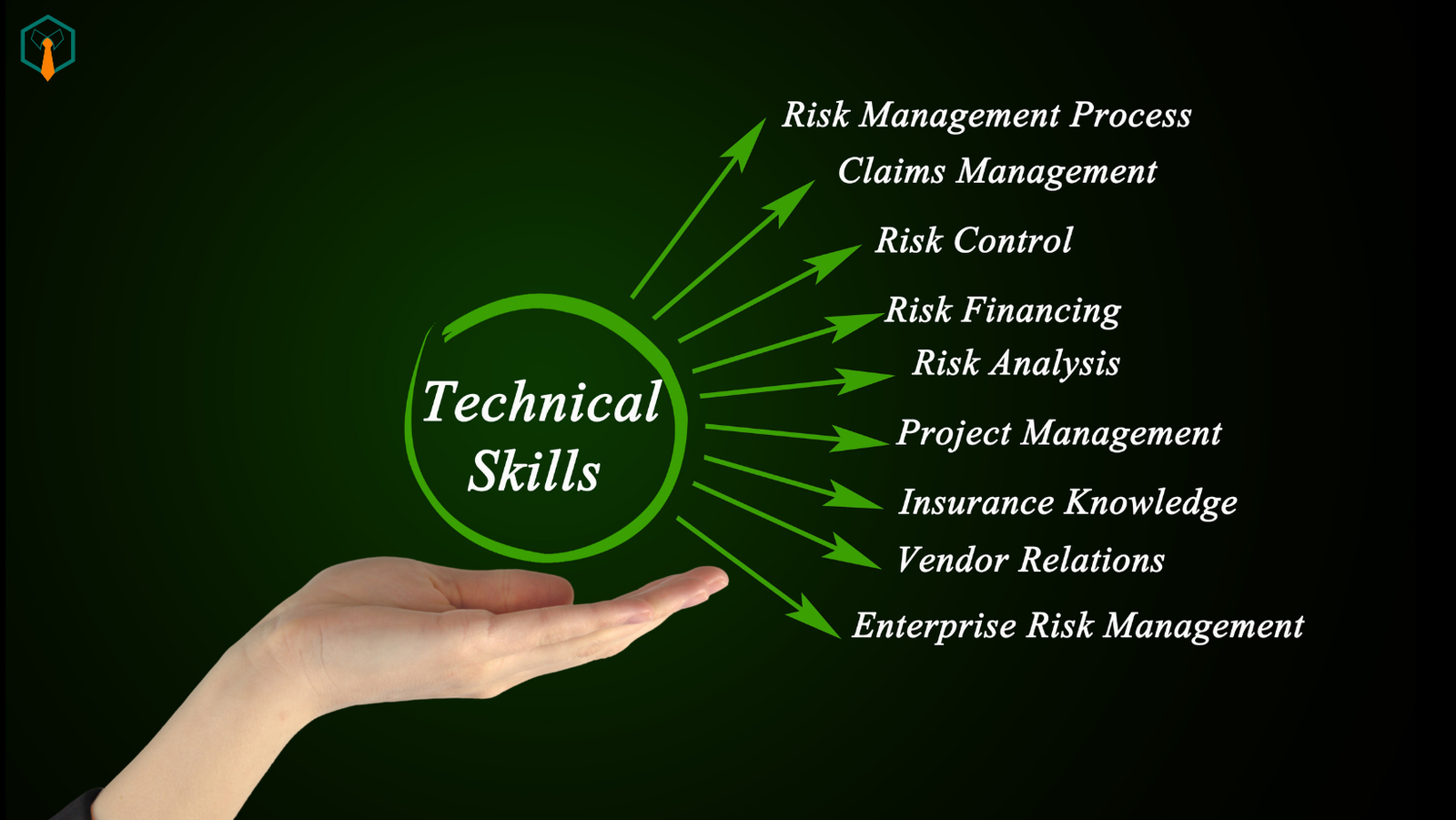
Technical Skills for Resume: Showcase Expertise and Land Your Dream Job
In today’s competitive job market, having the right technical skills on your resume can make all the difference. Whether you’re applying for a tech-heavy role or a position requiring specific tools, highlighting your technical expertise effectively can set you apart. This guide will walk you through the best practices for listing technical skills on your resume, ensuring you capture the attention of recruiters and hiring managers.
What Are Technical Skills?
Technical skills refer to the specific abilities and knowledge required to perform particular tasks. These skills are often quantifiable and can be acquired through education, training, or hands-on experience. Examples include programming languages, software proficiency, data analysis, and equipment operation.
Why Are Technical Skills Important?
Employers look for candidates who possess the technical expertise to perform job-specific tasks efficiently. By showcasing your technical skills, you demonstrate your qualifications and ability to contribute effectively to the organization. Moreover, technical skills are often used as keywords in applicant tracking systems (ATS), which many companies use to screen resumes.
How to Identify the Right Technical Skills for Your Resume
- Analyze the Job Description: Review the job posting and identify the technical skills mentioned. Tailor your resume to highlight these skills if they align with your expertise.
- Research Industry Standards: For your field, identify the most in-demand technical skills. For example, a web developer might focus on languages like JavaScript, Python, or frameworks like React.
- Assess Your Proficiency: Only list skills you’re confident using. Be prepared to discuss your experience with these skills in an interview.
Best Practices for Listing Technical Skills
- Create a Dedicated Skills Section: Position this section prominently, typically after your summary or professional experience.
- Organize Skills into Categories: Group similar skills together for readability. For instance, separate programming languages, tools, and certifications.
- Use Keywords: Incorporate industry-standard terminology to improve ATS compatibility.
- Quantify Your Skills: Where possible, use metrics to demonstrate your proficiency, such as “Reduced data processing time by 30% using Python scripts.”
Examples of Technical Skills for Different Roles
- IT and Software Development:
- Programming languages: Java, Python, C++
- Tools: Git, Docker, Kubernetes
- Certifications: AWS Certified Solutions Architect
- Digital Marketing:
- Tools: Google Analytics, SEMrush, Adobe Creative Suite
- Skills: SEO/SEM, email marketing, PPC campaigns
- Data Analysis:
- Tools: Tableau, Power BI, SQL
- Skills: Data visualization, statistical modeling, predictive analytics
- Engineering:
- Tools: AutoCAD, MATLAB, SolidWorks
- Skills: Circuit design, prototyping, systems engineering
How to Demonstrate Technical Skills in Your Experience Section
When describing your professional experience, weave your technical skills into your accomplishments. For example:
- “Developed a responsive web application using React and Node.js, increasing user engagement by 25%.”
- “Automated data entry processes with Python scripts, reducing errors by 40%.”
- “Optimized Google Ads campaigns, resulting in a 15% increase in ROI.”
Updating Your Technical Skills
Technology evolves rapidly, so it’s crucial to keep your skills up-to-date. Take online courses, attend workshops, or earn certifications to stay competitive.
Common Mistakes to Avoid
- Listing Outdated Skills: Avoid including technologies or tools that are no longer relevant.
- Overloading with Jargon: Keep it clear and concise. Avoid excessive technical terms that might confuse non-technical recruiters.
- Exaggerating Proficiency: Be honest about your abilities to maintain credibility.
FAQs
What technical skills should I include on my resume?
Focus on skills that are relevant to the job you’re applying for. Review the job description and include skills that match the role’s requirements, such as programming languages, software tools, or certifications.
Should I list all the technical skills I know?
No, only list the skills that are relevant to the job you’re applying for and that you’re proficient in. Including irrelevant or outdated skills may dilute the impact of your resume.
How do I know if my technical skills are strong enough?
Consider your practical experience and confidence in using each skill. If you’ve applied the skill in a professional or educational setting with measurable outcomes, it’s likely strong enough to include.
How can I improve my technical skills?
Take online courses, attend workshops, participate in projects, or earn certifications in areas you’d like to improve. Platforms like Coursera, Udemy, and LinkedIn Learning offer a variety of courses.
Do I need to include technical skills if I’m applying for a non-technical role?
Yes, many non-technical roles still require proficiency in tools or systems, such as Microsoft Office, CRM software, or project management tools. Highlight skills that align with the role’s requirements.
Final Thoughts
Your technical skills can be your greatest asset when applying for jobs, but they need to be presented effectively. By tailoring your resume to highlight the most relevant and in-demand skills, you’ll position yourself as a strong candidate. Remember to update your resume regularly to reflect new skills and accomplishments. With a strategic approach, you can make your technical expertise shine and secure your next opportunity.